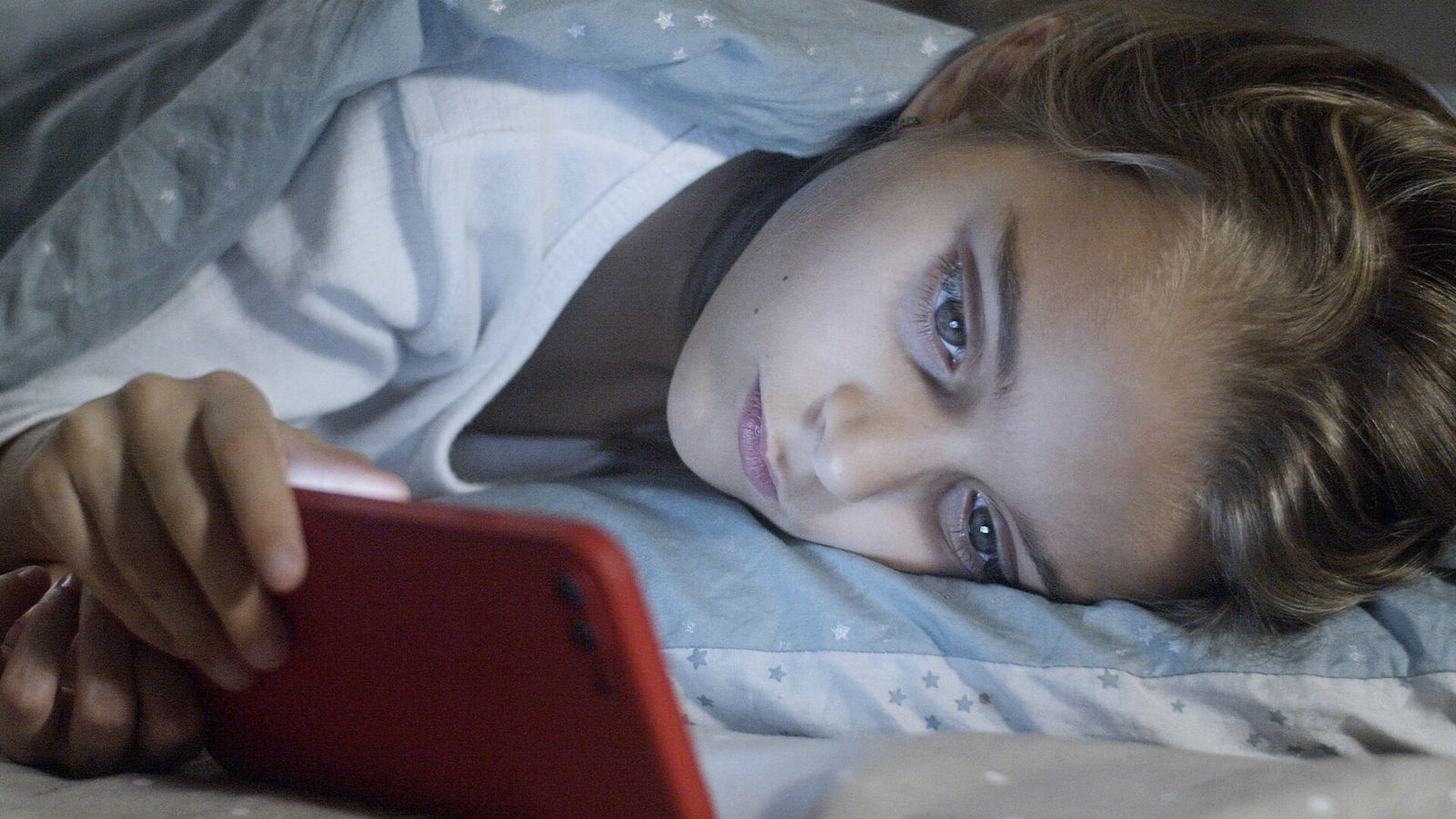
By Gavin Boyle
As parents struggle to know how to protect their children from the dangers of social media, leading psychologist Jonathan Haidt urged moms and dads to set rules about their kids not using their devices in their bedroom.
“The really bad stuff happens when a child has their own touch screen device in the bedroom,” Haidt told CNBC, adding, “God knows how many children saw the video of blood spurting out of [Charlie Kirk’s] neck within hours of it happening. We have no way to stop this at present, so we have to change the technological environment.”
https://www.instagram.com/p/DPiBP5VjK11/?hl=en
Related: Wondering When to Give Your Child a Smartphone? Here’s What the Data Says
Such a rule will help keep kids honest with the content they consume as they will not have the freedom of complete privacy that comes with closed doors. Not only does this help parents protect children from disturbing videos on social media, but is also discourages kids from engaging in other harmful content as well, such as pornography.
“Studies indicate that frequent porn use can affect the brain’s reward system, leading to desensitization and an increased need for more extreme content to achieve the same level of stimulation, similar to drug addiction,” researchers Wendy Wang and Michale Toscano said when explaining why pornography addiction is so crushing. “Moreover, pornography sites use similar techniques as social media platforms, such as infinite scroll, autoplay, and personalized content, to keep users engaged. Like social media companies, rapt attachment is central to the business model of online pornography providers.”
Haidt also encouraged parents to wait until high school before they buy their child their own phone.
Recent research backs up this suggestion as a study from September revealed that the later a child receives their own device, the less likely they are to develop the negative mental health effects of social media, with a drastic drop off starting at the age of 13.
“Our data indicated that early smartphone ownership [under the age of 13] – and the social media access it often brings – is linked with a profound shift in mind health and wellbeing in early adulthood,” said lead study author Tara Thiagarajan, a neuroscientist at Sapien Labs.
“The younger the child gets a smartphone, the more exposure to all this impacts them psychologically and shapes the way they think and view the world…” Thiagarajan later told ABC News. “Ideally, children should not have a smartphone until age 14, and when they do get a smartphone, parents should take the time to discuss with their children how to interact on the internet and explain the consequences of doing various things.”
With the way the virtual world is currently set up, it is impossible to completely shield children from the dangers of social media, barring not giving them any access. However, by following these rules laid out by Haidt, parents can at least give their children a fighting chance to have a healthy relationship with technology, rather than allowing it to take over their lives.
Read Next: Psychologist Urges Parents to ‘Act Together’ to Keep Kids Off Smartphones
Questions or comments? Please write to us here.


 - Content:
- Content: 

